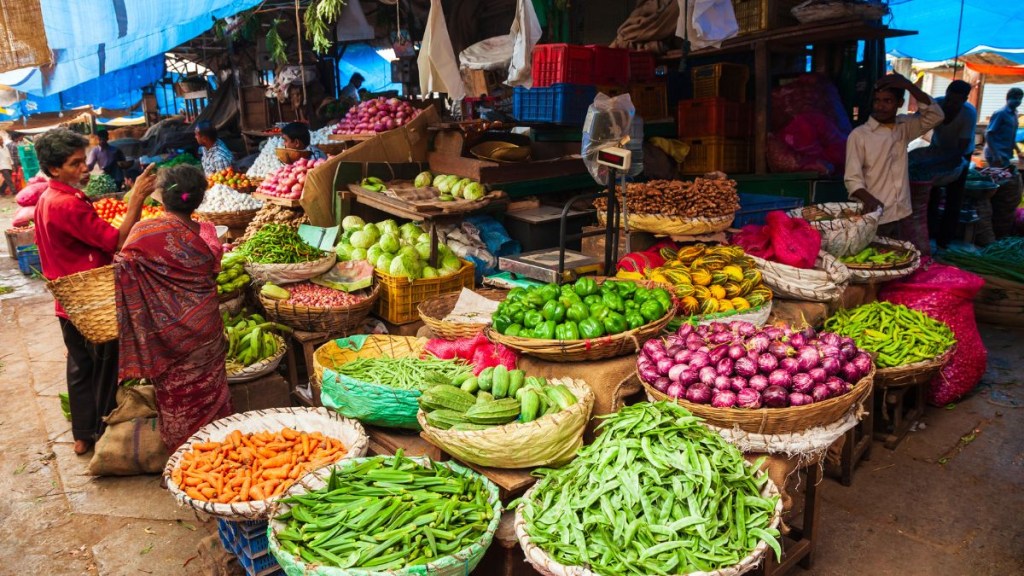India’s retail inflation, based on the Consumer Price Index (CPI), for July stood at 1.55 per cent, down from 2.10 per cent in June, data released by the Ministry of Statistics & Programme Implementation showed on Tuesday. This is down 55 basis points in comparison to June 2025. It is the lowest year-on-year inflation rate after June 2017. CPI inflation in October had reached a 14-month high of 6.21 per cent.
Year-on-year inflation rate based on All India Consumer Food Price Index (CFPI) for the month of July 2025 over July 2024 is -1.76 per cent (Provisional). Corresponding inflation rates for rural areas stood at -1.74 per cent and urban inflation at -1.90 per cent, the NSO data showed. July witnessed a decline of 75 basis points in food inflation in comparison to June 2025. The food inflation in July 2025 is the lowest after January 2019.
The significant decline in headline inflation and food inflation during the month of July 2025 is mainly attributed to favorable base effect and to decline in inflation of Pulses and Products, Transport and communication, Vegetables, Cereal and products, Education, Egg and Sugar and confectionery.
The headline and food inflation in the rural sector during the month in review came in at 1.18 per cent (provisional) while the same was 1.72 per cent in June 2025. Urban inflation declined from 2.56 per cent in June 2025 to 2.05 per cent (provisional) in July 2025. Decline is also observed in food inflation from -1.17 per cent in June 2025 to -1.90 per cent (provisional) in July 2025.
Vegetable inflation dropped to -20.69 per cent in July from -19.00 per cent in June, pulses and products inflation stood at -13.76 per cent in July as against -11.76 per cent in June. While Cereals and Products inflation came in at 3.03 per cent, milk and products inflation stood at 2.74 per cent. Fuel and light inflation came in at 2.67 per cent.
According to the NSO data, housing inflation came in at 3.17 per cent in July from 3.24 per cent in June, while clothing and footwear inflation dropped to 2.50 per cent in July from 2.55 per cent in June. Inflation for health was at 4.57 per cent in June and education inflation came in at 4.00 per cent.
Reacting to this, Sujan Hajra, Chief Economist & Executive Director, Anand Rathi Group, said, “The sharp decline was led by steep food price deflation, with broader inflation also running softer. The RBI’s already-lowered 12-month forecast may be undershot, raising the likelihood of further rate cuts, particularly as US tariffs could shave 30-40 bps off GDP growth. While lower rates support equities and debt, subdued inflation may limit nominal GDP, earnings, tax revenues, and credit growth.”
